At the meeting, Ninh Binh Provincial Party Secretary Truong Quoc Huy highly appreciated the role of FAO in supporting sustainable agricultural development in many countries, and expressed his hope that FAO would continue to accompany Vietnam in general and Ninh Binh in particular in the process of developing modern agriculture, associated with environmental protection and improving people's livelihoods.
Regarding the local development situation, Mr. Truong Quoc Huy said: From July 1, 2025, the three provinces of Ninh Binh, Ha Nam and Nam Dinh have officially merged, taking the common name of Ninh Binh province. After the merger, the new province has an area of nearly 4,000 km², a population of over 4.4 million people, becoming one of the six most populous localities in the country.
Ninh Binh has many famous scenic spots, with nearly 5,000 historical and cultural relics ranked, notably the Trang An Scenic Landscape Complex - the only mixed heritage in Southeast Asia recognized by UNESCO as a World Cultural and Natural Heritage. In addition, "The practice of worshipping the Mother Goddesses of the Three Realms of the Vietnamese people" has also been recognized by UNESCO as a representative intangible cultural heritage of humanity.
Economically, the province's GRDP in 2024 is estimated to reach more than 310,000 billion VND and is expected to exceed 352,000 billion VND in 2025. Budget revenue in 2024 will reach over 55,000 billion VND, ranking 6th out of 34 provinces and cities after the arrangement, demonstrating strong financial potential.
Delegates visit booths displaying OCOP products of Ninh Binh province. (Photo: TM) |
In its development orientation, Ninh Binh province pays special attention to promoting high-tech industry and green, sustainable agriculture; at the same time, harmoniously combining tourism development and typical agricultural products in the OCOP program.
FAO Deputy Director-General Beth Bechdol said that the global OCOP Program, implemented by FAO since 2021, currently has 95 participating countries. The program aims to develop typical agricultural products, increase productivity, profits, create jobs, ensure income for farmers, and at the same time enhance resilience to climate change in the agricultural sector.
Ms. Beth Bechdol highly appreciated Ninh Binh’s efforts in developing OCOP products, especially the application of high technology and innovation, combined with indigenous cultural elements. She expressed her desire to strengthen cooperation and exchange experiences with the province in the coming time and will soon return to Ninh Binh.
Source: https://thoidai.com.vn/to-chuc-fao-tim-hieu-mo-hinh-phat-trien-san-pham-ocop-tai-ninh-binh-214890.html


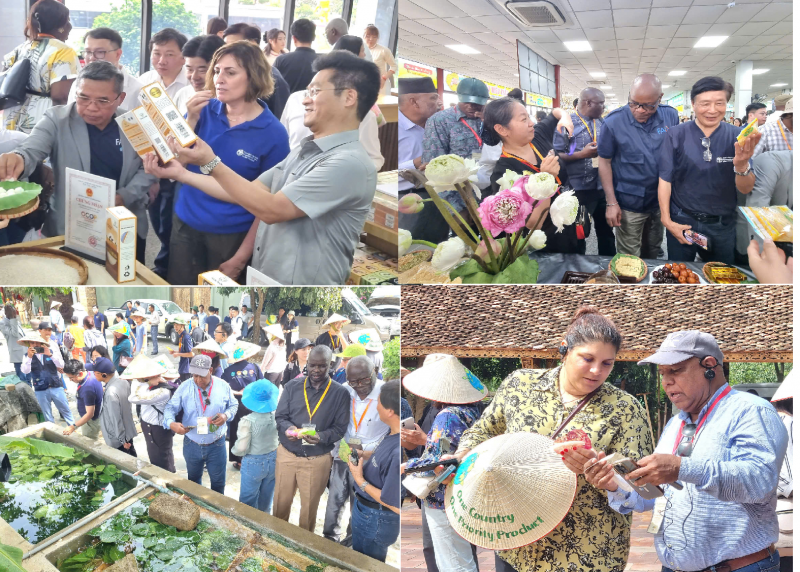
![[Photo] Da Nang residents "hunt for photos" of big waves at the mouth of the Han River](https://vphoto.vietnam.vn/thumb/1200x675/vietnam/resource/IMAGE/2025/10/21/1761043632309_ndo_br_11-jpg.webp)











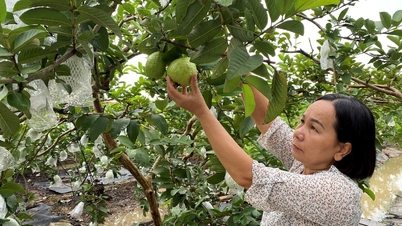



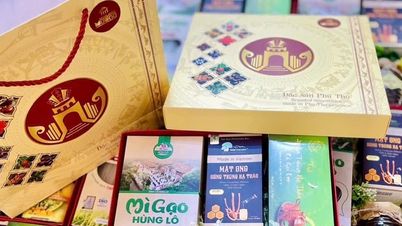

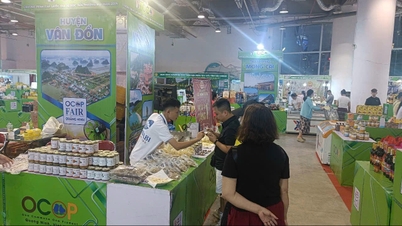




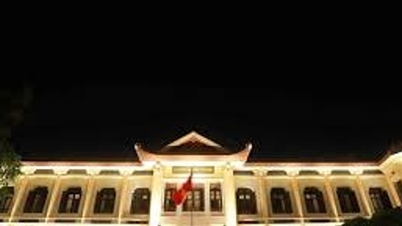

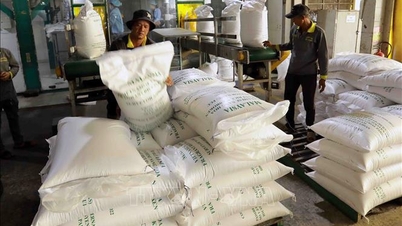
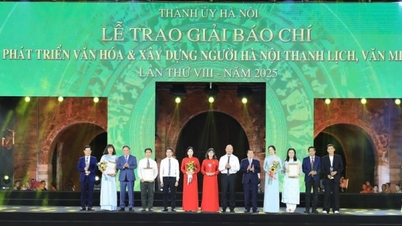




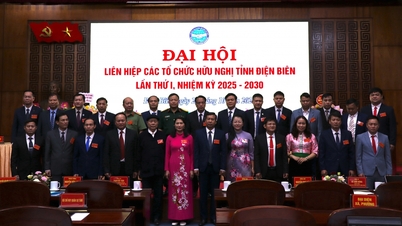

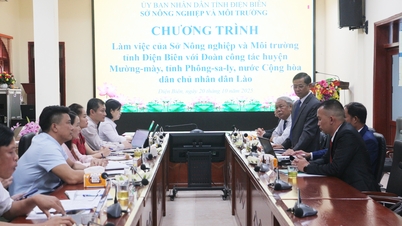
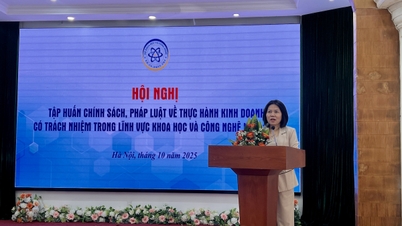
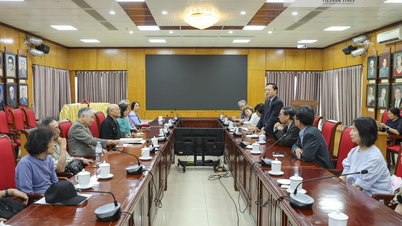
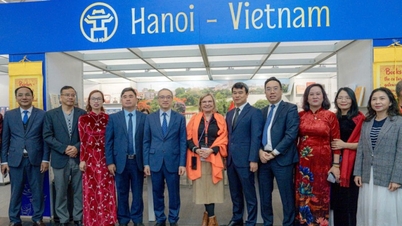


![[Photo] Prime Minister Pham Minh Chinh received Mr. Yamamoto Ichita, Governor of Gunma Province (Japan)](https://vphoto.vietnam.vn/thumb/1200x675/vietnam/resource/IMAGE/2025/10/21/1761032833411_dsc-8867-jpg.webp)





























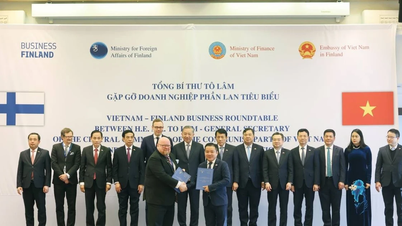









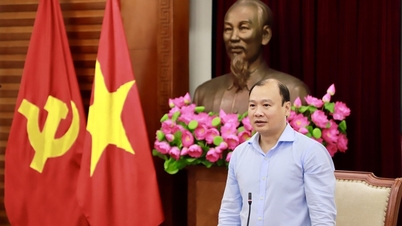
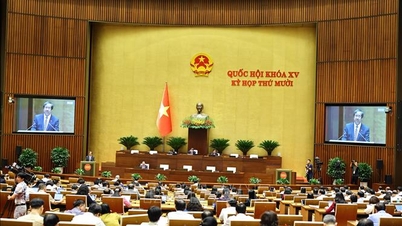
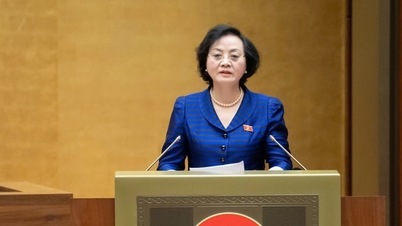




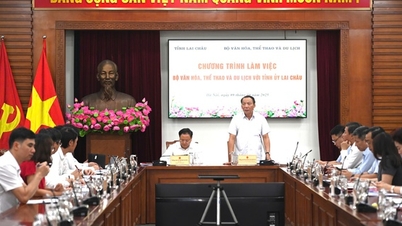



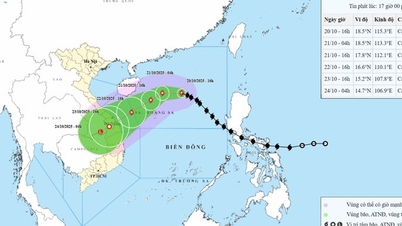
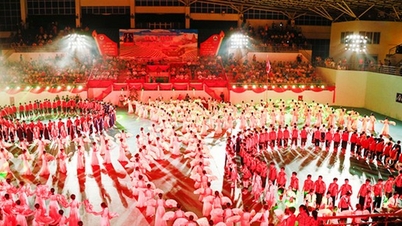
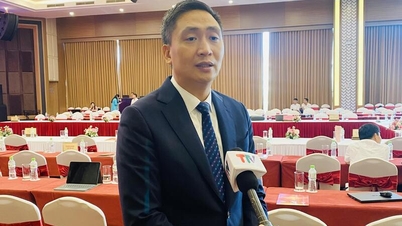

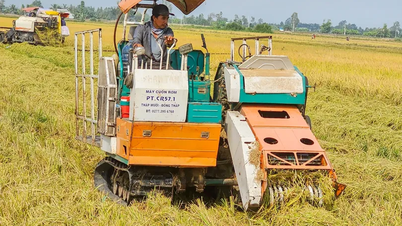

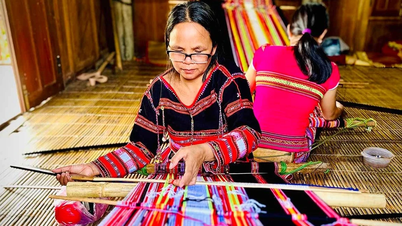

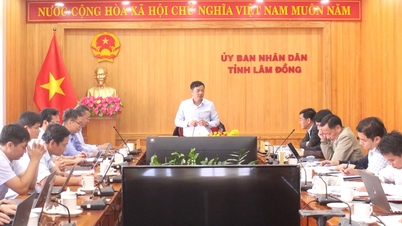
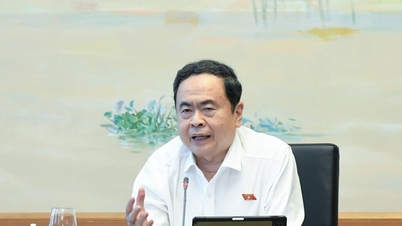


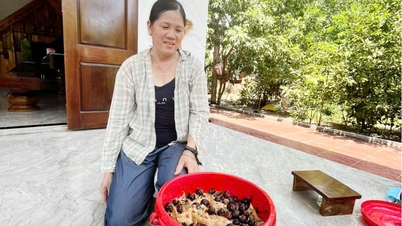










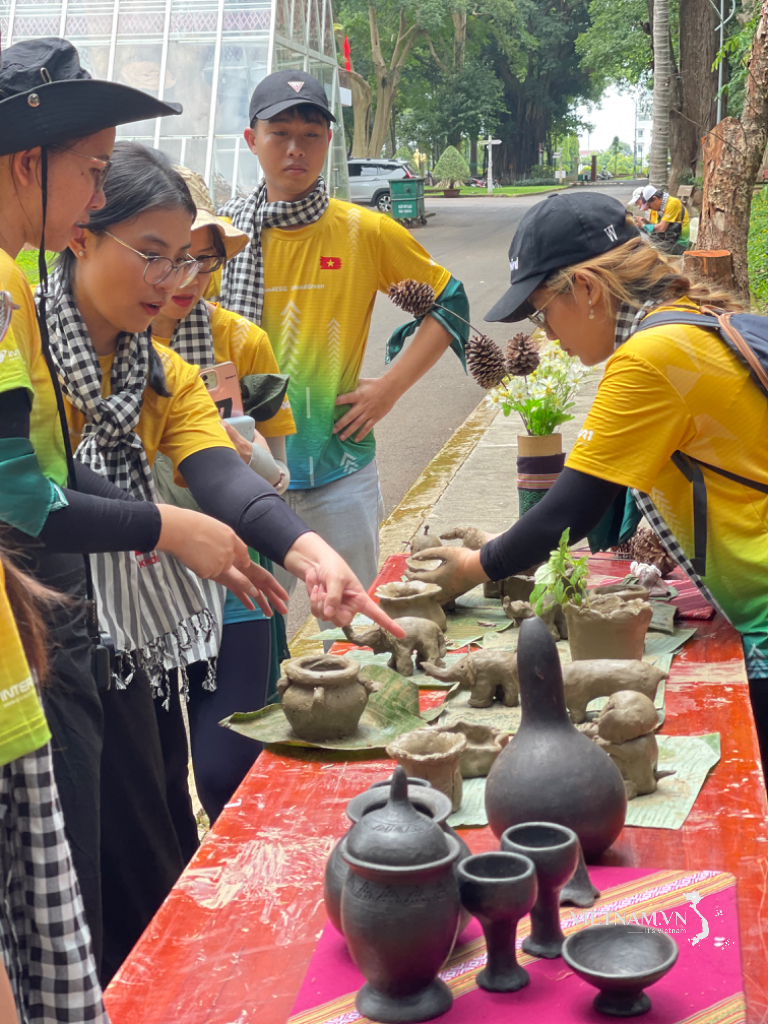

Comment (0)